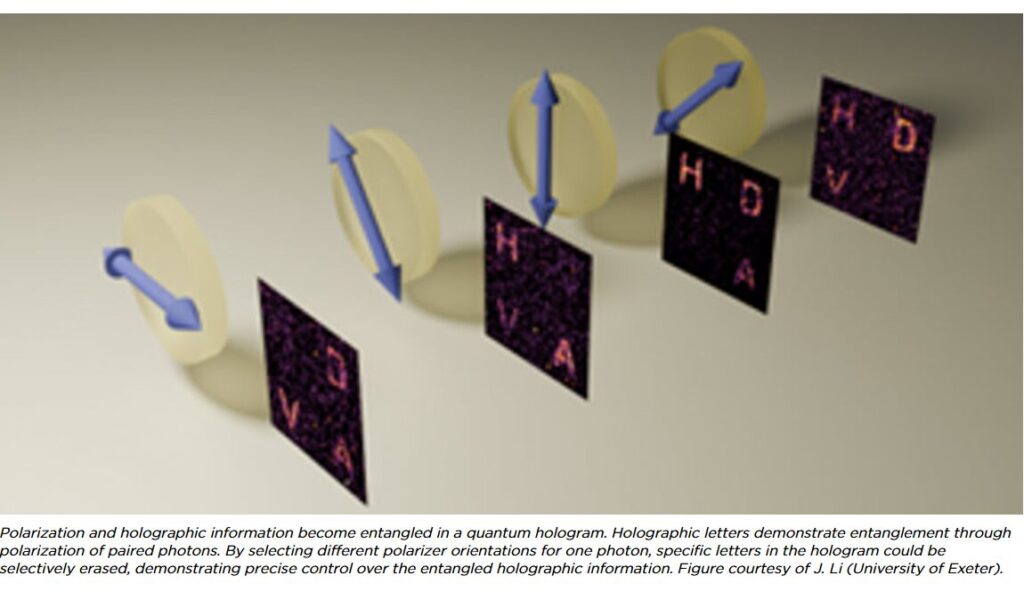
A new...
Read More

A new...
Read More
For decades, atomic clocks have been the pinnacle of precision timekeeping, enabling GPS navigation, cutting-edge physics research, and tests of fundamental theories. But researchers at JILA, led by JILA and NIST Fellow and University of Colorado Boulder physics professor Jun Ye, in collaboration with the Technical University of Vienna, are pushing beyond atomic transitions to something potentially even more stable: a nuclear clock.
This clock could revolutionize timekeeping by using a uniquely low-energy transition within the nucleus of a thorium-229 atom. This transition is less sensitive to environmental disturbances than modern atomic clocks and has been proposed for tests of fundamental physics beyond the Standard Model.
This idea isn’t new in Ye’s laboratory...
Read More
We all know someone who seems to defy aging—people who look younger than their peers despite being the same age. What’s their secret? Scientists at Osaka University (Japan) may have found a way to quantify this difference...
Read More
Quantum holograms using polarized light and metasurfaces enable precise control over entangled holographic information, advancing practical applications in quantum communication and anticounterfeiting technologies
Quantum entanglement is a fundamental phenomenon in nature and one of the most intriguing aspects of quantum mechanics. It describes a correlation between two particles, such that measuring the properties of one instantly reveals those of the other, no matter how far apart they are. This unique property has been harnessed in applications such as quantum computing and quantum communication.
A common method for generating entanglement is through a nonlinear crystal, which produces photon pairs with entangled polarizations via spontaneous parametric down-conversion (SPDC)...
Read More
Recent Comments